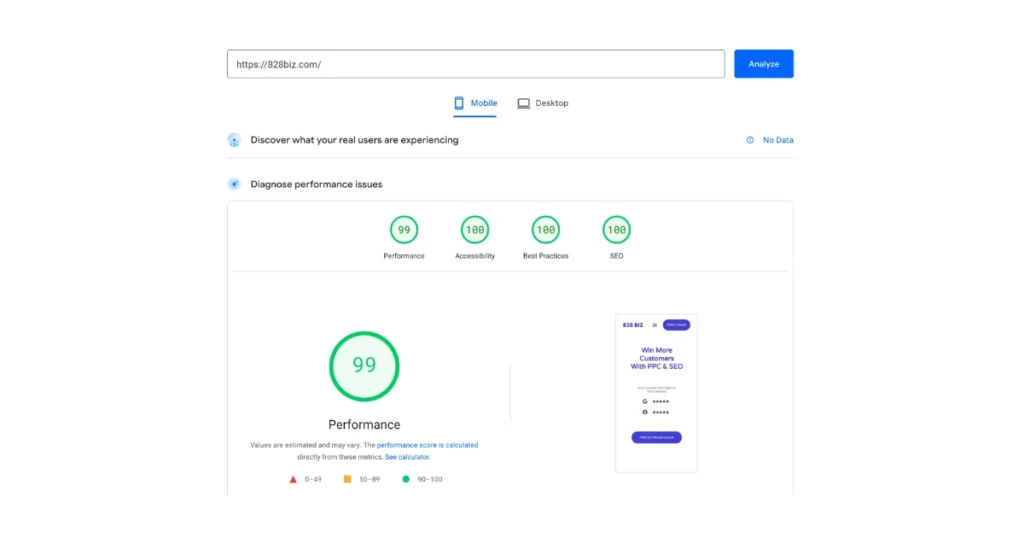Google’s algorithm updates are a significant aspect of search engine optimization (SEO). Understanding these changes is key to maintaining or improving your website’s ranking in search results. Here’s a breakdown of recent updates and how to adapt your SEO strategy:
- Core Updates: Google frequently rolls out broad changes to its algorithm, known as core updates. These updates aim to improve the overall quality of search results by prioritizing content that is more relevant and valuable to users.
- E-A-T Principle: Expertise, Authoritativeness, and Trustworthiness (E-A-T) have become critical factors. Websites need to ensure that their content is well-researched, authored by credible sources, and provides substantial value to the reader.
- Mobile-First Indexing: With the increasing use of mobile devices, Google prioritizes mobile-friendly websites. Ensure your site is responsive and offers a seamless experience on mobile devices.
- Page Experience Signal: This update focuses on user experience, prioritizing sites that load quickly, have intuitive navigation, and are free of intrusive ads and pop-ups.
- BERT & Natural Language Processing: Google’s BERT update uses natural language processing to better understand the context of search queries. Optimizing for BERT involves focusing on writing content that answers the user’s intent clearly and concisely.
Adapting to these changes requires a focus on creating high-quality, user-centered content, optimizing for mobile and page experience, and staying informed about Google’s ongoing updates.






